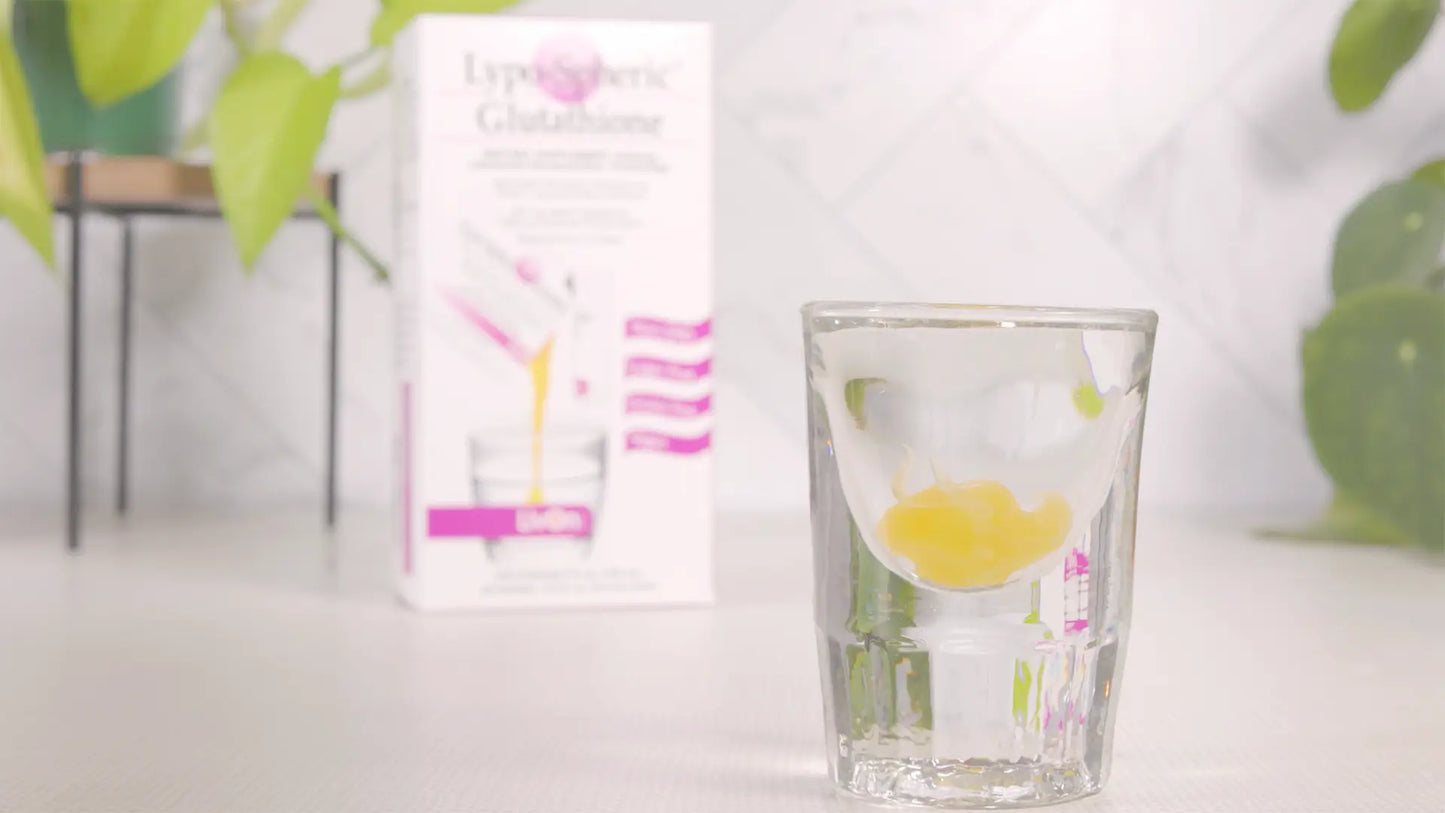
Glutathione Sulfhydryl (also called GSH) is the most prevalent antioxidant produced by the human body. It is a critical component in detoxification and helps to recycle other antioxidants. So instead of asking what is glutathione, maybe the right question is what isn't glutathione.
What Is Glutathione's Relationship to Cellular Health?
GSH is so important to the health of every cell in the body that cells die when glutathione levels inside cells drop too low. It is at this very cellular level where most of the battles against toxins, pathogens, free-radicals, and aging are won or lost. Even without the extra toxic demands exerted by 21st century living, the requirement for glutathione production is high. Immune system cells — like mast cells and white blood cells — and organ tissues — most notably the brain, heart, lungs, liver, and eyes — depend on glutathione for survival. Healthy, unchallenged cells can produce a sufficient amount of glutathione for a host of protective and metabolic functions. When additional pressures ensue — like emotional and physical stress, radiation, infection, an unhealthy diet, toxins, heavy metals, and the invasion of pathogens — cellular levels of GSH can be quickly depleted.Cell-Protective Functions of Glutathione
- Neutralization and reduction of various toxins and carcinogens
- Protection against intracellular oxidative damage
- Enhancement and support of the immune system
Cell-Metabolic Functions of Glutathione
- Facilitating DNA synthesis and repair
- Facilitating protein and prostaglandin synthesis
- Facilitating amino acid transport across cell membranes
- Activation of enzymes (includes glutathione reductase, glutathione peroxidase, and glutathione S-transferase)
What Is Glutathione on a Molecular Level?
The unique molecular characteristics of GSH account for its vast range of functions. In addition to its role as an electron donor (antioxidant), glutathione also joins with a large number of different compounds to form complexes (conjugates) with very special properties. This conjugating ability allows GSH to function as a:- potent antioxidant
- powerful detoxifier as the primary participant in the neutralization and/or excretion of many toxins
- “Super food” for the immune system including B-cells, T-cells, mast cells, phagocytes, and macrophages
- intracellular source of organic sulfur
- cofactor for the function of different critical enzymes
- participant in maintaining integrity of protein’s critical disulfide bonds
- transporter of amino acids across cell membranes
- DNA synthesis and repair
- protein synthesis
- electron exchanger in many redox reactions
What Is Glutathione's Role in Electron Flow?
The amazing power of GSH, in large part, lies in its ability to promote a healthy flow and supply of electrons within each cell in the body. Even though it is not possible to take a teaspoon of electrons, one can ingest nutrients that are extremely rich in their electron content. That's what makes them antioxidants.An oxidant, or pro-oxidant, is any substance that seeks to take electrons away from another substance. These substances are also known as free radicals and reactive oxygen species (ROS). While you hear a lot about ingesting these substances through foods and environmental contaminants, they are also produced by our natural metabolic processes. As a byproduct of the latter, these oxidants are produced in small amounts that can be immediately neutralized by our bodies’ antioxidant supplies. Glutathione, and other antioxidants, are able to do this by donating electrons to the oxidants before they can take electrons from cells, thus preventing oxidation.
When an antioxidant donates its electrons, it loses its ability as an antioxidant and can become an oxidant as well since it is now in need of electrons. GSH is known as “The Master Antioxidant” because of its ability to recharge other antioxidants with a steady flow of electrons.

